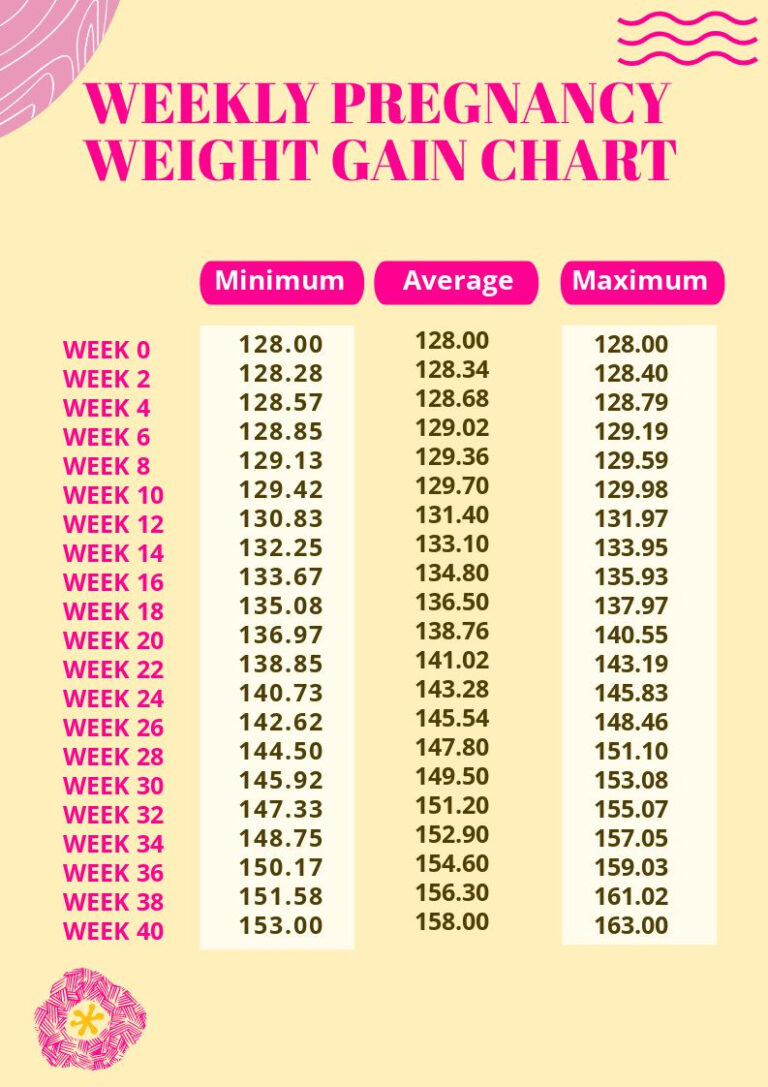Can A Pregnant Woman Eat Pineapple? A Comprehensive Guide
The consumption of pineapple during pregnancy has been a topic of debate for many years. Some believe that it can cause miscarriage, while others claim that it offers numerous health benefits. In this comprehensive guide, we will delve into the nutritional value of pineapple, debunk common myths, explore potential benefits, and provide guidelines for safe consumption during pregnancy.
Pineapples are a tropical fruit rich in essential vitamins, minerals, and enzymes. These nutrients play a crucial role in supporting the health of both the mother and the developing fetus.
Can A Pregnant Woman Eat Pineapple?

Pineapple is a tropical fruit that is enjoyed by many people around the world. It is a good source of vitamins and minerals, and it is also a low-calorie food. However, there are some concerns about whether or not pregnant women can eat pineapple.
Some people believe that eating pineapple can cause miscarriage or premature labor. This is because pineapple contains bromelain, an enzyme that can break down proteins. However, there is no scientific evidence to support this claim. In fact, a study published in the journal “Obstetrics and Gynecology” found that eating pineapple did not increase the risk of miscarriage or premature labor.
Q&A
Can eating pineapple during pregnancy cause miscarriage?
There is no scientific evidence to support the claim that eating pineapple during pregnancy can cause miscarriage. This myth likely stems from the presence of bromelain, an enzyme found in pineapple. However, studies have shown that the amount of bromelain in pineapple is too low to have any significant effect on the uterus.
How much pineapple can a pregnant woman eat?
Pregnant women can safely consume pineapple in moderation. A serving size of one cup of fresh pineapple or 1/2 cup of canned pineapple is generally considered safe. It is important to avoid excessive consumption, as too much pineapple may cause digestive issues such as diarrhea.
What are the alternative sources of nutrients found in pineapple?
If a pregnant woman is unable to eat pineapple or wishes to supplement her diet with other sources of nutrients, she can consider consuming other fruits and vegetables rich in vitamin C, such as oranges, strawberries, and broccoli. Vitamin B6 can be found in bananas, avocados, and nuts. Manganese is present in leafy green vegetables, legumes, and whole grains.





